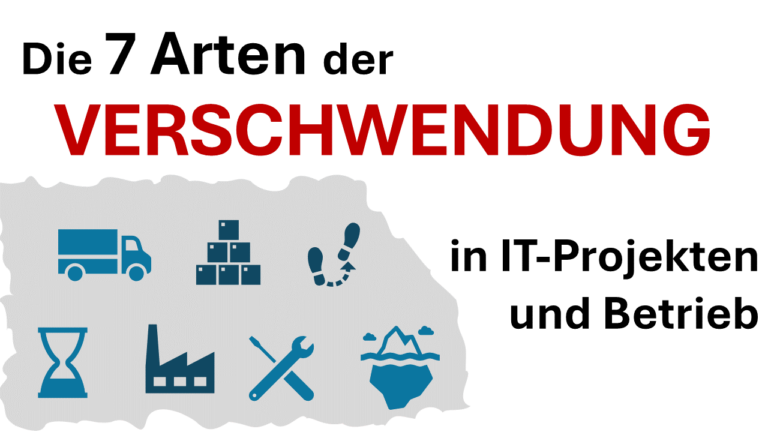Hello and welcome to my blog, where I aim to unravel the complexities of German works councils and their significant relationship with information technology. My name is Stefan, and as an IT project manager with years of experience navigating the intricacies of working alongside German works councils, I’m excited to share my insights with you. This series will serve as a comprehensive guide to understanding the basics, legal foundations, and how these councils interact with IT projects.
The Role of German Works Councils in IT Projects
Imagine being on the brink of rolling out a major HR software consolidation project, only to find out that your efforts have been halted by a works council from a seemingly small subsidiary in Germany. This scenario isn’t just hypothetical; it’s a reality that many international corporations face. It underscores the potent influence works councils wield within German subsidiaries, capable of pausing projects until their approval is granted.
Legal Foundations and Composition
The German Works Constitution Act of 1952 and the Codetermination Act of 1976 lay the groundwork for the election, composition, and powers of works councils. These laws ensure workers have a voice in business decisions affecting their employment, from work hours to social welfare. Even small enterprises with as few as five employees can elect a works council, signifying the deep-rooted belief in employee representation in Germany.
Rights and Responsibilities
Works councils are imbued with several rights aimed at protecting employee interests, such as the right to information, consultation, negotiation, and co-determination. These rights enable councils to influence a wide range of company policies and practices, ensuring they align with workers‘ interests and comply with German labor laws.
One of the most pivotal aspects of these rights is co-determination, particularly concerning IT systems. Section 87, paragraph 6, of the Works Constitution Act, explicitly requires employers to seek council approval for any IT systems capable of monitoring employee behavior or performance. This legal requirement places works councils at the heart of IT project implementations, granting them substantial sway over the deployment of new technologies.
Navigating IT Projects with Works Councils
When introducing new IT systems, works councils focus on several key areas, including the impact on working conditions, potential for behavior monitoring, data privacy, training and support, health and safety, discrimination, and social responsibility. These concerns highlight the council’s role in safeguarding employee rights and ensuring that technological advancements do not come at the cost of worker well-being.
The Path Forward: Collaboration and Compliance
Ignoring or bypassing works councils in IT project implementations is not only legally perilous but can also lead to significant financial penalties and strained labor relations. Instead, fostering a cooperative relationship with works councils is paramount. By engaging councils early in the project planning phase and addressing their concerns proactively, companies can navigate the approval process more smoothly and avoid potential roadblocks.
Conclusion
Understanding and working effectively with German works councils is crucial for any IT project manager operating within the German market. Through this series, I aim to provide you with the knowledge and tools necessary to collaborate successfully with works councils, ensuring your IT projects not only comply with German laws but also contribute to a positive and productive work environment.
Stay tuned for more insights into managing IT projects in the presence of German works councils, and feel free to share your experiences or questions in the comments below. Together, we can navigate the complexities of employee relations and technology integration in Germany.
German Workers Councils and Information Technology
In this video I’m going to explain to you the the topic of German Works Councils and their relationship with Information Technology.
You will learn what Workers Councils are, why they could cause legal issues and why IT needs to address those issues properly.

